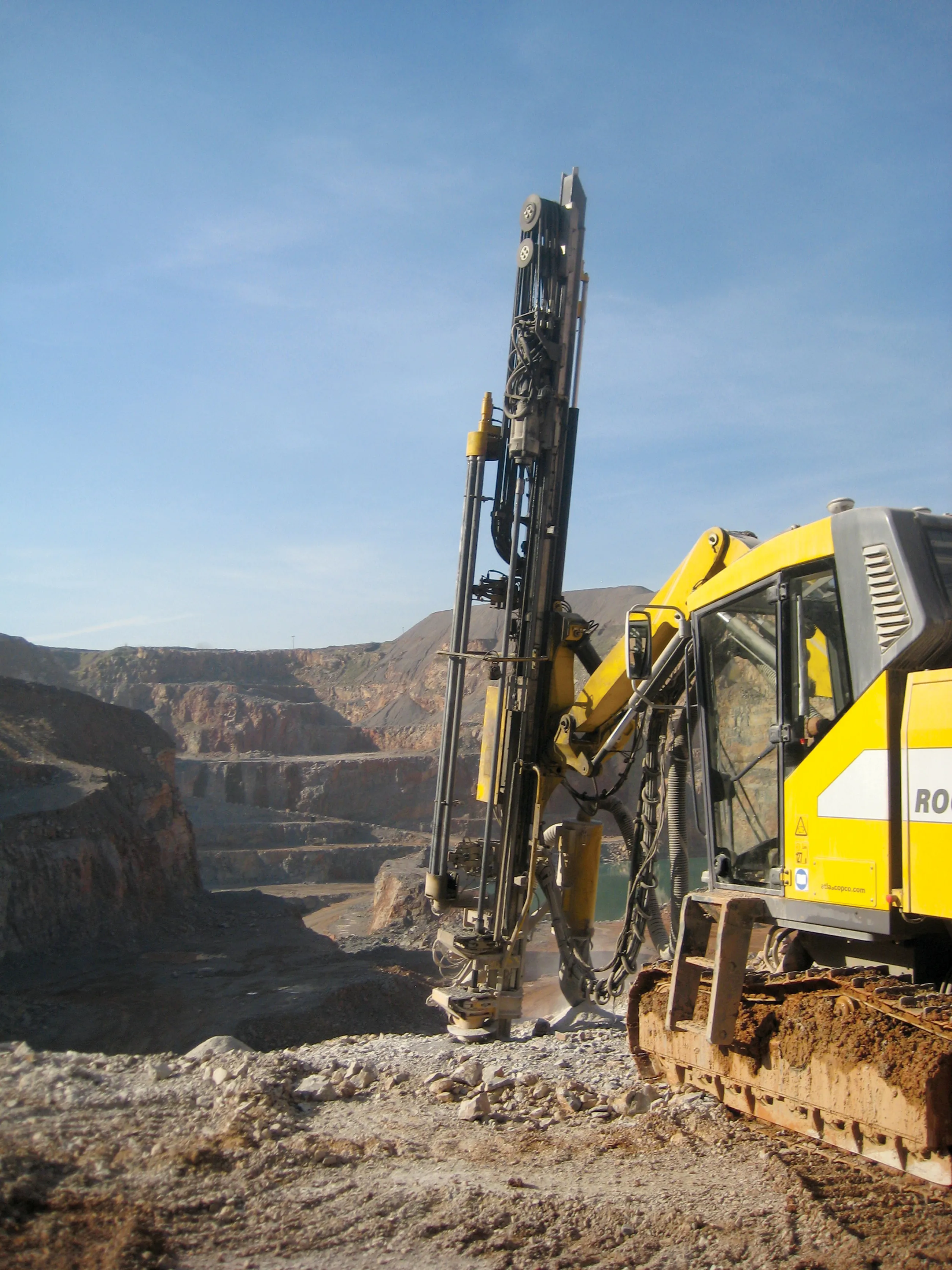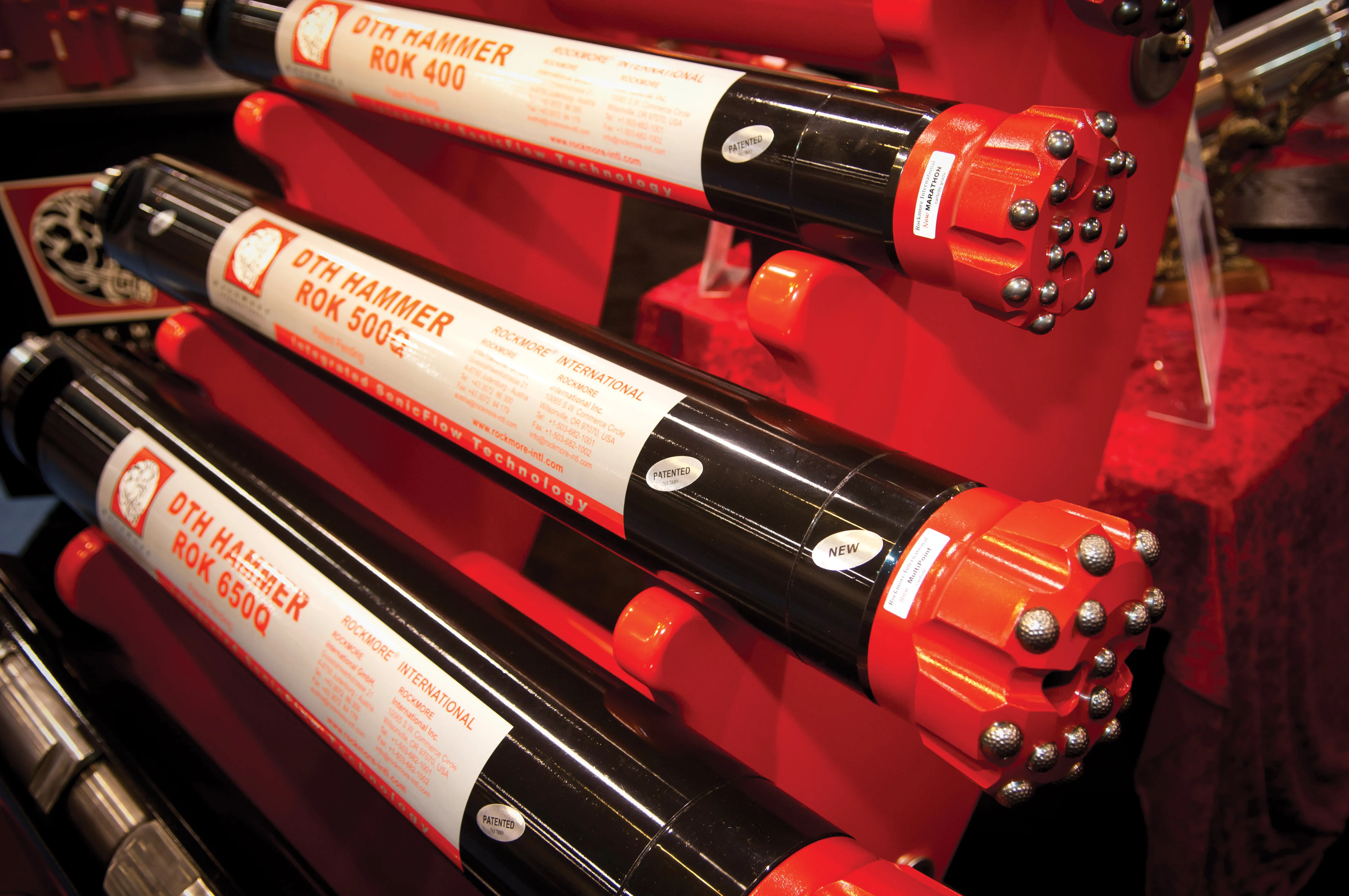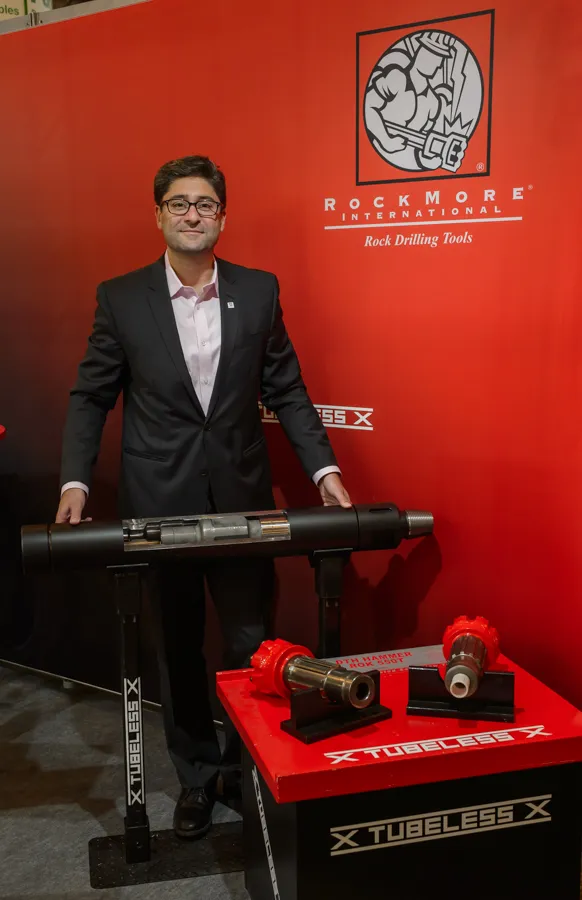Although Okie Drilling’s flexibility enables the firm based in Stigler in the US state of Oklahoma to undertake a diverse variety of drilling projects, it core business is drilling for rock quarries and state road projects. According to Okie president Billy White, the cornerstones of Okie’s success in meeting the requirements of these demanding sectors is employees willingness to go the “extra yard” for customers, and the service and products he receives from Sandvik Construction’s Rock Tools & Drilling tea
January 24, 2014
Read time: 2 mins

Although Okie Drilling’s flexibility enables the firm based in Stigler in the US state of Oklahoma to undertake a diverse variety of drilling projects, it core business is drilling for rock quarries and state road projects. According to Okie president Billy White, the cornerstones of Okie’s success in meeting the requirements of these demanding sectors is employees' willingness to go the “extra yard” for customers, and the service and products he receives from Sandvik Construction’s Rock Tools & Drilling team.
The RH550 series of hammers is part of325 Sandvik's extensive range of tools for down-the-hole (DTH) drilling, with the range including hammers, drill bits and tool systems for simultaneous drilling and casing through difficult overburden. They combine advanced materials technology with skillful design focusing on performance, simplicity and endurance, whilst additionally providing customers with high productivity, greater reliability and low operating costs. Additionally the DTH hammers and drill bits are designed to work together in perfect unison in order to ensure that users experiences the very highest penetration rates, long service life and low operating costs.
With no foot valve, a reversible casing and very few parts, the RH550 hammers are reliable, easy to service and fast. Furthermore Sandvik drill bits incorporate proprietary Sandvik steel and the cemented carbide, with each bit being uniquely designed to maximise penetration and increase flushing. For further flexibility bits are available in a wide range of configurations and in sizes ranging from 9cm to 44.5cm.
The RH550 series of hammers is part of
With no foot valve, a reversible casing and very few parts, the RH550 hammers are reliable, easy to service and fast. Furthermore Sandvik drill bits incorporate proprietary Sandvik steel and the cemented carbide, with each bit being uniquely designed to maximise penetration and increase flushing. For further flexibility bits are available in a wide range of configurations and in sizes ranging from 9cm to 44.5cm.









